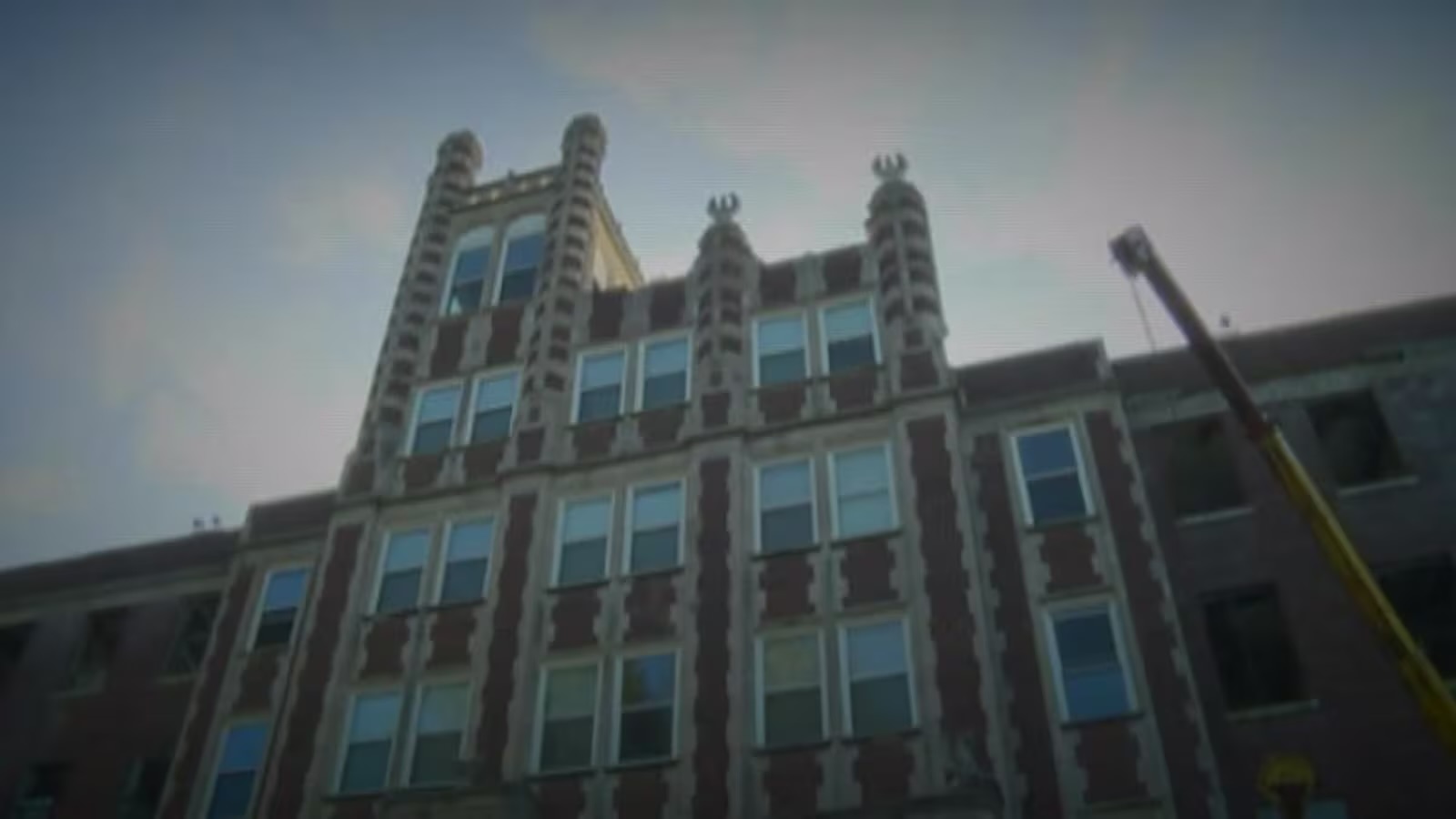When people think of Kentucky, three iconic symbols often come to mind: horse racing, bourbon distilleries, and fried chicken. The state’s rich equestrian history, its role as the birthplace of bourbon, and the global popularity of Kentucky-style fried chicken have cemented these associations in popular culture. However, what many don’t realize is that Kentucky has so much more to offer than just these familiar staples. The Bluegrass State boasts a wide array of natural beauty, cultural landmarks, and historical significance, making it one of the most diverse and dynamic states in the U.S.
Beyond the rolling hills of horse farms and bourbon trails, Kentucky is home to some of the most stunning natural landscapes in the country. **The Red River Gorge**, often referred to as the “Grand Canyon of the East,” attracts outdoor enthusiasts from all over the world. With its towering sandstone cliffs, lush forests, and deep gorges, this area is a haven for hikers, rock climbers, and nature lovers alike. The gorge is part of the larger **Daniel Boone National Forest**, which covers more than 700,000 acres of Appalachian wilderness, offering opportunities for camping, fishing, and wildlife observation.
Another breathtaking natural wonder is **Mammoth Cave National Park**, which houses the world’s longest cave system. Spanning more than 400 miles of explored passages, Mammoth Cave offers a unique glimpse into the subterranean world with its vast caverns, underground rivers, and incredible geological formations. This UNESCO World Heritage site draws tourists and scientists alike, contributing to Kentucky’s status as an outdoor adventure destination.
Kentucky’s historical and cultural contributions go far beyond bourbon and horse racing. One of the state’s most notable figures is **Abraham Lincoln**, the 16th president of the United States, who was born in a log cabin in **Hodgenville, Kentucky**. Today, visitors can explore the Abraham Lincoln Birthplace National Historical Park, which preserves the humble beginnings of one of the country’s most influential leaders.
In addition to its presidential legacy, Kentucky played a significant role in the shaping of American music. **Bluegrass music**, a genre deeply rooted in the state’s Appalachian culture, has influenced countless musicians and continues to be celebrated in festivals and events across the state. The **International Bluegrass Music Museum** in Owensboro preserves this rich musical heritage, paying homage to legends like **Bill Monroe**, the “Father of Bluegrass,” who was born in Kentucky.
Kentucky is also home to several historically Black colleges and universities (HBCUs), such as **Kentucky State University**, which has been a critical institution for educating and empowering African American students since its founding in 1886. The state’s diverse cultural history also includes the contributions of Native American tribes, early European settlers, and African Americans, all of whom have shaped the rich tapestry of Kentucky’s identity.
In recent years, Kentucky has emerged as a hub for technological innovation and economic growth, particularly in the fields of logistics, automotive manufacturing, and agriculture. The state’s central location, with access to key transportation routes, has made it a prime location for businesses. In particular, **Louisville** has become a major player in the logistics industry, housing major distribution centers for companies like UPS. This has fueled economic development and job growth, positioning Kentucky as a critical node in the country’s supply chain infrastructure.
The automotive industry is another key pillar of Kentucky’s economy. The state is home to plants for major manufacturers like Toyota, Ford, and General Motors. In fact, **Kentucky is the third-largest automotive-producing state** in the nation, contributing billions to the economy and providing thousands of jobs to its residents.
Agriculture remains an important part of Kentucky’s economy as well, with the state being a top producer of corn, soybeans, and poultry. But beyond traditional farming, Kentucky is also investing in new technologies, such as hemp cultivation and agri-tech, which are helping to diversify and modernize the agricultural sector.
What truly sets Kentucky apart, however, is the strong sense of community and pride that runs through the state’s residents. Whether it’s the passion for **college basketball**—with the heated rivalry between the **University of Kentucky Wildcats** and the **Louisville Cardinals**—or the annual festivities surrounding the **Kentucky Derby**, Kentuckians know how to celebrate their heritage and come together as a community.
Small towns across the state, like **Bardstown**, known as the “Bourbon Capital of the World,” and **Paducah**, a UNESCO Creative City, offer a glimpse into Kentucky’s charming local culture. These towns are filled with historic buildings, friendly locals, and festivals that reflect the unique character of the state.
While Kentucky is often associated with horse racing, bourbon distilleries, and fried chicken, those iconic symbols only scratch the surface of what the state truly has to offer. From its breathtaking natural beauty and rich history to its cultural significance and growing economy, Kentucky is a dynamic state with a diverse range of attractions. Whether you’re exploring the vast wilderness of the Red River Gorge, delving into the history of Mammoth Cave, or experiencing the thriving arts and music scene, there’s no shortage of reasons to discover why Kentucky is one of the most underrated states in the U.S.
